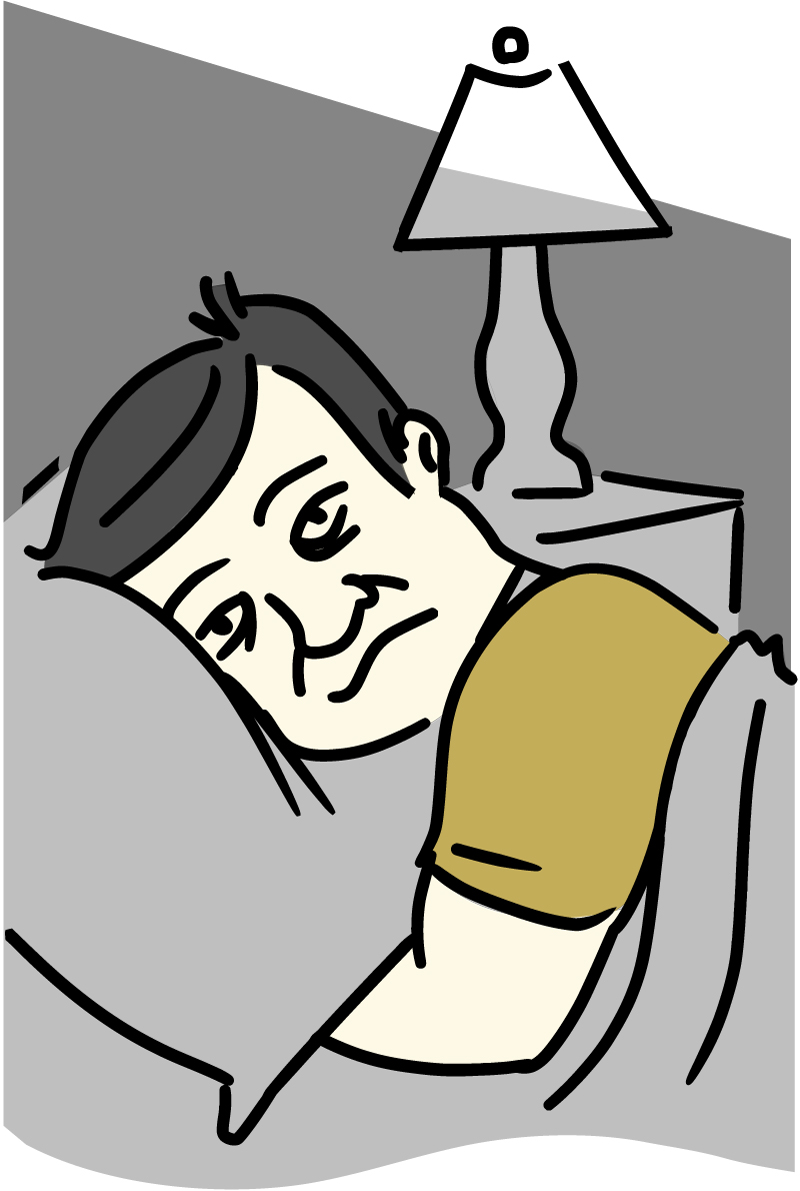Ringing in Your Ears?
Get the Buzz on Tinnitus

Tinnitus is commonly described as a ringing in the ears, but some people also hear it as a roaring, clicking, hissing or buzzing. It may be soft or loud, and it might affect both of your ears or only one. For some people, it’s a minor annoyance. For others, it can interfere with sleep and grow to be a source of mental and emotional anguish.
Each year about 1 in 10 adults nationwide has an episode of tinnitus that lasts longer than 3 months. Tinnitus isn’t a disease. Instead, it’s a symptom that something is wrong with your auditory system. The problem may exist somewhere in your ear, in the nerve that connects the inner ear to the brain or in the parts of the brain that make sense of sounds.
Scientists still aren’t entirely sure what happens in the auditory system to cause tinnitus. But somehow, the networks of nerve cells that process sounds have been thrown out of balance in a way that creates the illusion of sound where there is none.
Because tinnitus can arise from so many conditions, ranging from hearing loss to high blood pressure to medications, diagnosing the cause or causes can be a challenge. For many people, the ringing in their ears begins for no obvious reason.
Although there’s no cure for tinnitus, several treatments can make it easier to cope. Hearing aids may help those who have hearing loss along with tinnitus. Behavioral therapy with counseling helps people learn how to live with the noise. Wearable sound generators—small electronic devices that fit in the ear—use a soft, pleasant sound to help mask the tinnitus and offer relief.
Some people with tinnitus use tabletop sound generators to help them relax or fall asleep. Antidepressants and antianxiety drugs may be prescribed to improve mood and sleep patterns. Most doctors offer a combination of these treatments, depending on the severity of the tinnitus and the daily activities it affects the most.
Researchers have been working on new ways to treat tinnitus. One NIH-sponsored study has just begun recruiting active and retired military personnel of the U.S. Armed Forces to test the effectiveness of an experimental tinnitus therapy. Soldiers exposed to loud noise, including bomb blasts, can develop tinnitus due to tissue damage in hearing-related areas of the brain and ear. In fact, tinnitus is one of the most common service-related injuries among military personnel returning from Iraq and Afghanistan. The experimental treatment in this study combines educational counseling with a sound-generation device.
Called tinnitus retraining therapy, the approach has shown promise in earlier trials and appears to ease the annoyance of tinnitus and its impact on people’s lives. Learn more about the study at clinicaltrials.gov/ct2/show/NCT01177137.
Talk to your doctor if you’ve had ringing in your ears for more than 3 months. Your physician will ask about your symptoms and look into your ear to search for possible causes. You may be referred to an otolaryngologist (a doctor who specializes in conditions of the ear, nose and throat) for further evaluation.
NIH Office of Communications and Public Liaison
Health and Science Publications Branch
Building 31, Room 5B52
Bethesda, MD 20892-2094
Contact Us:
nihnewsinhealth@od.nih.gov
Phone: 301-451-8224
Share Our Materials: Reprint our articles and illustrations in your own publication. Our material is not copyrighted. Please acknowledge NIH News in Health as the source and send us a copy.
For more consumer health news and information, visit health.nih.gov.
For wellness toolkits, visit www.nih.gov/wellnesstoolkits.




